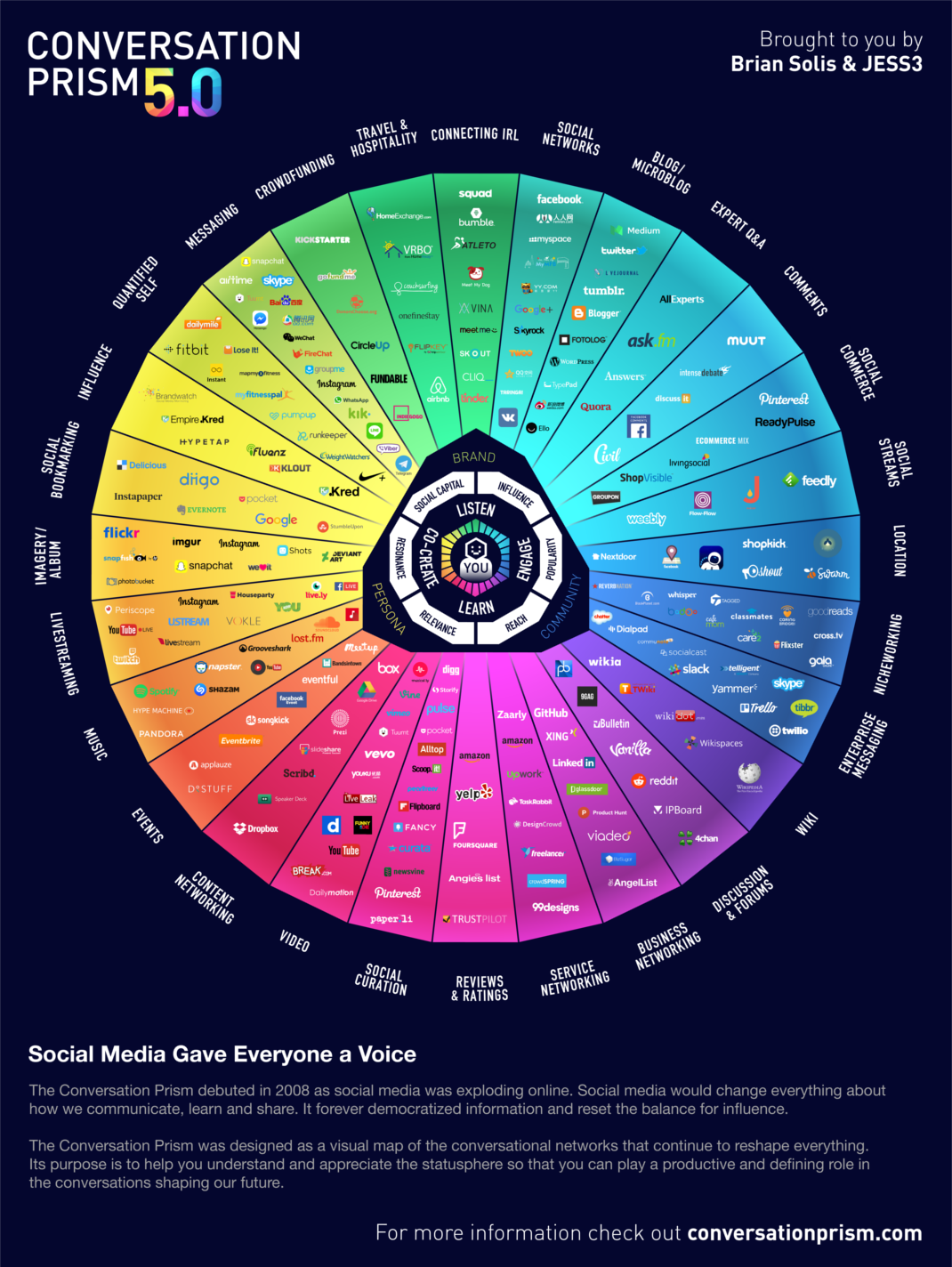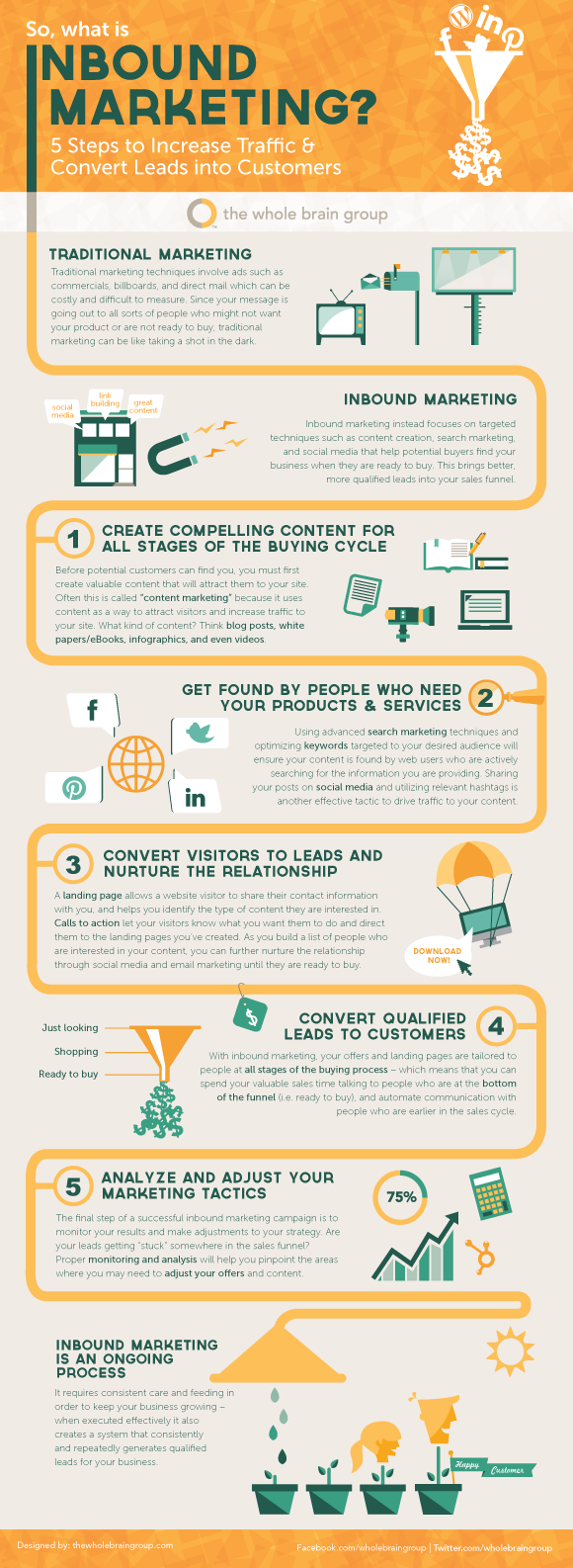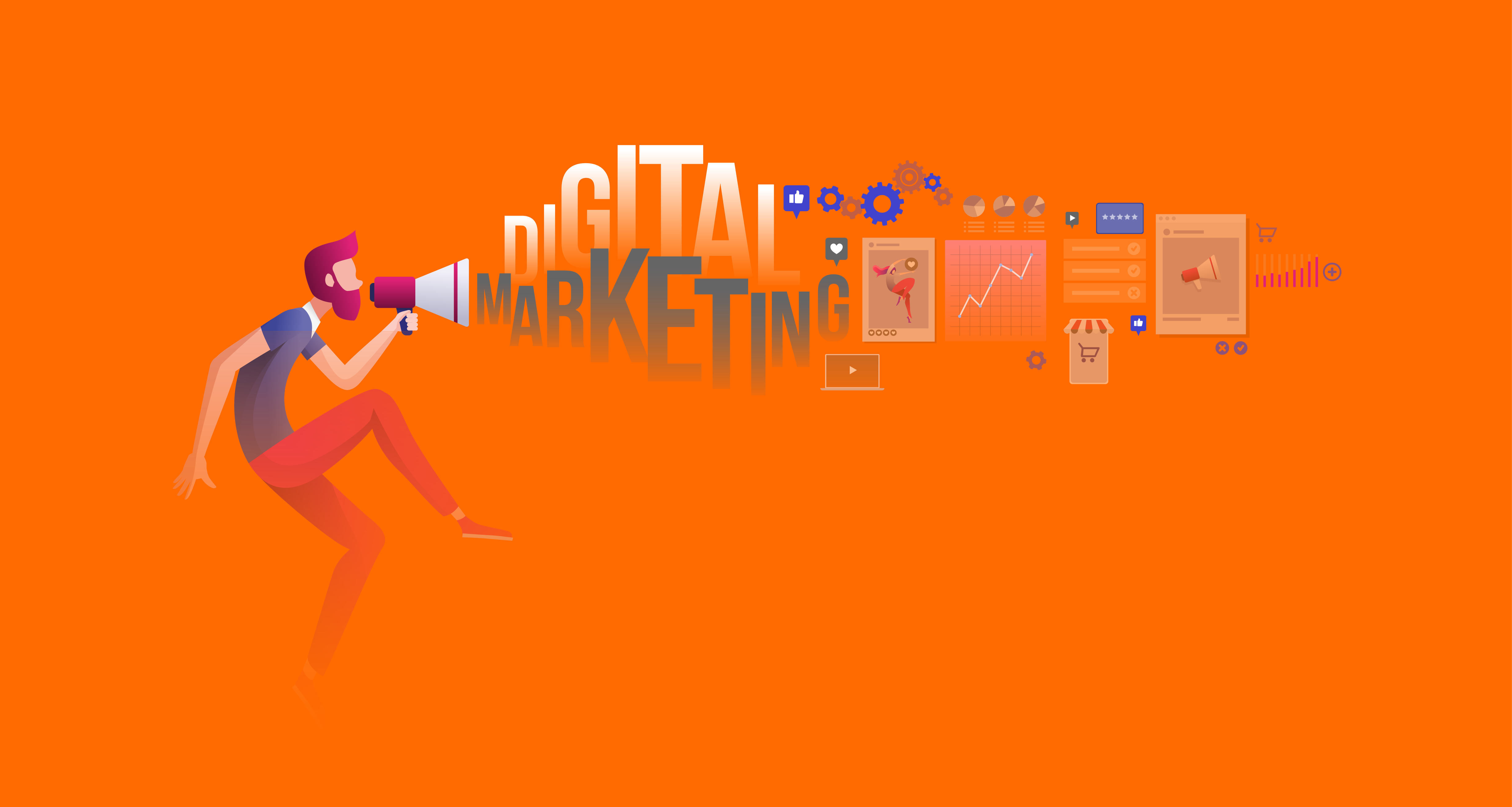Who, What, Why, & How of Digital Marketing
The 2nd Decade of the 21st century bough the internet in the palm of our hands number of people who go online every day is still increasing. This change brought about a tern called as Digital Marketing.
Why digital marketing matters?
Remember the Big Print advertisements in Times of India which used to cost a few lakhs of Rupees?

Unfortunately, they’re dead if not dying
Just think of it this way, Google and Facebook generate more revenue than any traditional media company because they control more eyeballs. That’s why digital marketing matters, it is where the attention of the people is .
Marketing has always been about connecting with the right audience (Relevant audience for e.g. someone search for your product or service to satisfy their need)in the right place and at the right time. Today, that means you need to meet them where they are already spending majority of their time-the internet.
Digital Marketing is a broad field and is constantly evolving but the main categories are
- Search Engine Optimization (SEO)
- Social Media Marketing
- Search Engine Marketing & Pay Per Click (PPC)
- Inbound Marketing
- Marketing Automation
- Content Marketing
- Affiliate Marketing
- Online PR
- Sponsored Content
1. Search Engine Optimization (SEO)
SEO stands for search engine optimization. Which is the art of ranking high on a search engine in the unpaid section, also known as the organic listings.
The ways to achieve SEO so as to generate relevant & quality leads to your Website are
On page SEO: This type of SEO focuses on all of the content that exists “on the page” when looking at a website. By researching keywords for their search volume and need (i.e. Urgency) and creating content which answers this needs & resonance with your audience thus increases your ranking (SERP) along with optimized design, user experience, information architecture.
Technical SEO: This focuses on the code behind of your website, and how your pages are coded. Image compression, structured data like Tags, Sitemaps and CSS file optimization etc.
Off page SEO: This focusses improving search engine and user perception of a site’s popularity, relevance, trustworthiness, and authority. This is accomplished by other reputable places on the Internet (pages, sites, people, etc.) linking to or promoting your website like Backlinks, Social media marketing, Guest blogging, brand mentions & Influencer marketing
- Social Media Marketing:
This involves promoting the brand and relevant content on social media channels to increase brand awareness, drive traffic, engage, and generate leads for your business.
Along with the well-known channels like
- YouTube
- Snapchat
- Pintrest
there are many more there as seen in the Infographic below (Image courtesy: conversationprism.com)

- Search Engine Marketing & Pay Per Click (PPC)
PPC is a method of driving traffic to your website by paying a publisher every time your ad is clicked. SEM is paid advertising to improve your SERP ranking done on Search Engines but also overtime improves your organic search ranking and thus encompasses more things than PPC
SEM: Google & Bing ADS:Paid ads on Facebook: Video, image post, or slideshow, which Facebook will publish to the newsfeeds of people who match your business’s audience.
Twitter Ads campaigns: Here, users can pay to place a series of posts or profile badges to the news feeds of a specific audience, all dedicated to accomplishing a specific goal for your business.
Sponsored Messages on LinkedIn: Paid messages directly to specific LinkedIn users based on their industry and background.
Here is a small infographic showing the SEM & PPC campaign on Facebook & how they can be together used to effectively target your customers from search to loyal customers. (Image courtesy: Think Digi)

- Inbound Marketing
Inbound marketing refers to a marketing methodology wherein the customer initiates the engagement and you as a business attract, engage, convince, and delight customers at every stage of the buyer’s journey. So instead of seeking customers -we can use every digital marketing tactic listed above, throughout an inbound marketing strategy, to create a customer experience that works with the customer & thus generates trust and perfect match vis-à-vis the need of the customer and your product/service.
The stages of Inbound marketing and the customer decision making process are
Attract-The stage where your probable customers get familiar with your brand and business. At this stage they do not know the value your product/service, hence we will tailor custom content to build up the value and obtain the customers mindshare
Engage-This stage involves building deeper relationship with the customer vis-à-vis a business’s products/services & how they can help the customer solve his problem.
Convince-By this stage the customer knows the inherent value of your product and we will convey the USP of your product/service as compared to the competitors. It is also essential to covey the benefits to the customer beyond the features of the product/service
Delight– This stage involves retaining a customer to make him a loyal customer & maybe even an influencer – who will influence the decision making process of future customers. This stage if not executed can lead to the loss of business & goodwill gained in earlier stages.
An infographic representing the process of Inbound marketing (Image courtesy: Hubspot)

- Marketing Automation
Hubspot one of the leading marketing automation platforms defines Marketing automation is all about using software to automate marketing activities. Many marketing departments automate repetitive tasks such as email marketing, social media posting, and even ad campaigns — not just for the sake of efficiency, but so they can provide a more personalized experience for their customers. The technology of marketing automation makes these tasks easier- thus Marketing automation would be ideal for an Inbound marketing strategy as discussed above
Some of the automation such systems can bring about
- Lead-nurturing workflows:Generating leads, and converting those leads into customers, can be a long process. You can automate that process by sending leads specific emails and content once they fit certain criteria, such as when they download and open an ebook.
- Campaign tracking and reporting: Marketing campaigns can include a ton of different people, emails, content, webpages, phone calls, and more. Marketing automation can help you sort everything you work on by the campaign it’s serving, and then track the performance of that campaign based on the progress all of these components make over time.
- Customer Service & CRM: It can automate the process off post-sales customer communication to improve how you interact and do business with your customers especially if they have certain problems and issues . CRMsystems help you manage and maintain customer relationships, continuous education and ways and means to retain and reward customers.
- Email Campaigns:Email automation doesn’t just allow you to automatically send emails to your subscribers. It can also help you shrink and expand your contact list as needed so your newsletters are only going to the people who want to see them in their inboxes.
- Social media post scheduling:If you want to grow your organization’s presence on a social network, you need to post frequently. This makes manual posting a bit of an unruly process. Social media scheduling tools push your content to your social media channels for you, so you can spend more time focusing on content strategy.
An infographic representing the process of Marketing Automation (Image courtesy: Salesforlife)

- Content Marketing
Content marketing is a form of marketing focused on creating, publishing, and distributing content for a targeted audience online. It is often used by businesses in order to: Attract attention and generate leads. Expand their customer base. Generate or increase online sales.
Types of Content used are
- Blogs
- Vlogs
- EBooks & Whitepapers
- Graphics like Infographics
- Live Video
- Podcasts
- Social Media Channels like YouTube, Vimeo
- Integration and network websites like Quora , Reddit etc.
- Online PR
Much like traditional PR Online PR involves getting online coverage with digital publications, blogs, and other content-based websites
- Sponsored Content
Sponsored content is a type of promotional media that’s paid for by an advertiser, but created and shared by another brand, individual, or publisher/media company.
One popular type of sponsored content is influencer marketing. With this type of sponsored content, a brand sponsors an influencer in its industry to publish posts or videos related to the company on social media.
- Affiliate Marketing
Affiliate marketing is a type of performance-based marketing in which a business rewards in the form of commission one or more affiliates for each visitor or customer brought by the affiliate’s own marketing efforts


